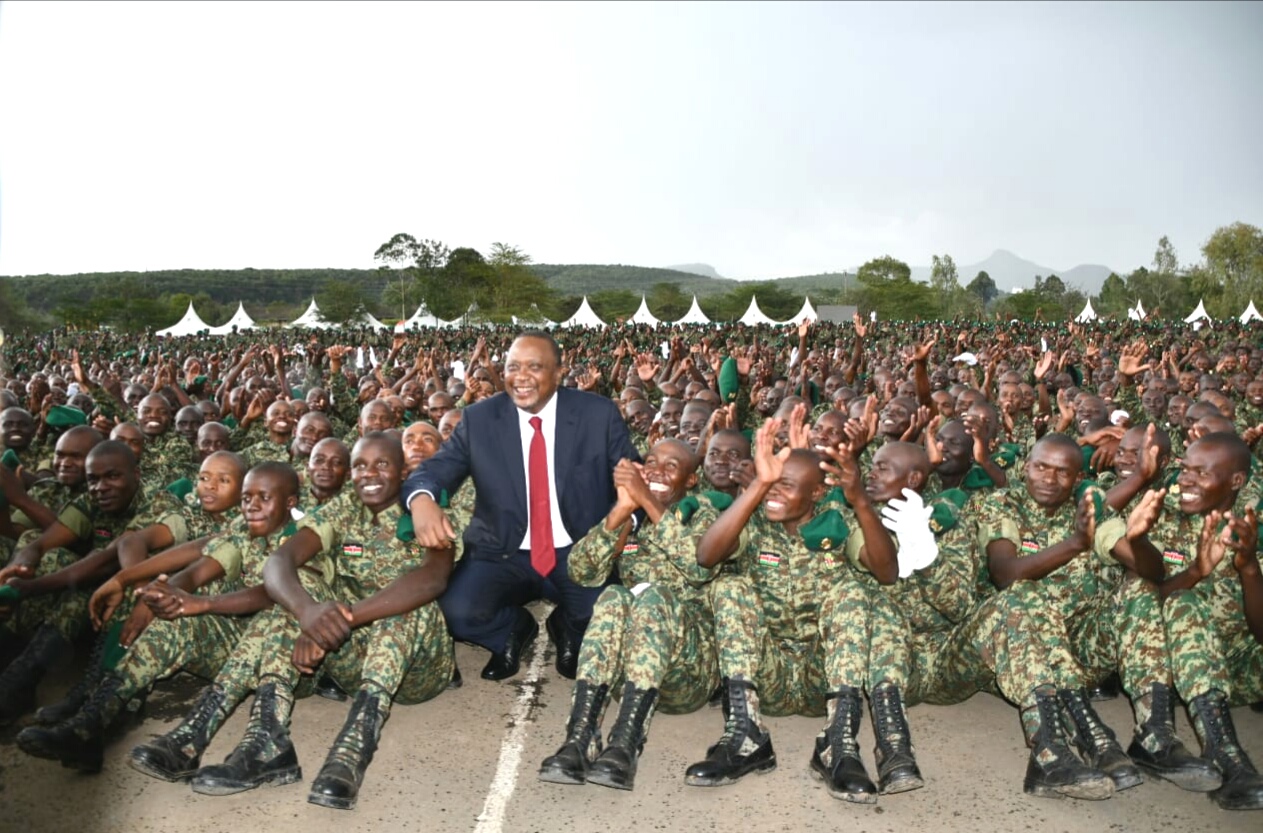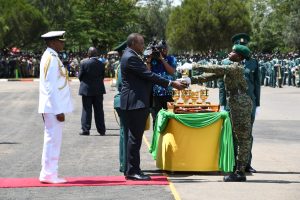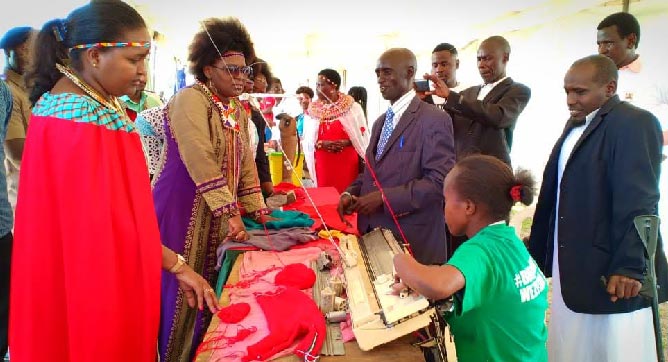WE CAN MAKE GENERATION EQUALITY A REALITY IN KENYA

By Prof. Margaret Kobia
This year marks twenty-five years since the Fourth World Conference on Women held in Beijing China. Popularly referred to as the Beijing Platform for Action, the conference is reputed to have set up a most visionary agenda for women and girls everywhere. This year the United Nations 64th Convention on Status of women (CSW 64) will be reviewing the progress made in gender equality the world over under the theme “An Equal World is an Enable World”. It is the year that is also introducing a new approach to gender equality programming globally under the banner “Generation Equality”. What has inspired this change and how does it apply in the Kenyan context?
The Beijing platform for action identified twelve critical areas that needed strategic action by governments and civil society to enhance the human rights of women and remove systemic barriers that hold back women from fully participating in all areas of life. Among these concerns were poverty reduction, education, health, violence, decision making, and the plight of the girl child. Given the conditions at the time, there was informed reason to advocate for positive bias for the girl child.
Despite some progress, real, tangible and impactful change has been agonizingly slow the world over. Today, not a single country can claim to have achieved gender parity in all areas of life. In Kenya, despite some progress, women and girls still face discrimination, cultural exclusion, and experience inequality in the social and political front. In the political front, while more women sit in parliament, they account for only 23%. Women unemployment stands at about 11% against 6% for men. Female headed households are poorer, at 30%, compared to men at 26%. Women occupy lower skilled jobs and own fewer assets, compounding their challenges. On Gender Based Violence, 21% of women still face Female Genital Mutilation. On women’s health, 23% of girls are married off before the age of 18 thus exposing them to high risk of maternal mortality. In the same sector, the unmet need for contraceptives stands at 26%. True, progress has been made but there remain considerable unmet goals for Kenya. Nevertheless, this should not blind us to the progress we have made in many areas.
For instance, Kenya has made remarkable progress the policy and legal environment particularly on Gender Based Violence and FGM. The proactive deeds by His Excellency the President to end FGM by 2022 has set the pace for the country and galvanized the support of all stakeholders. Exemplary progress has been realized in matrimonial property, marriage and citizenship rights. In education, the universal free primary school policy has nearly achieved equal rates in enrolment for boys and girls. The 100% transition policy will accelerate this trajectory going into secondary education. Fertility rates dropped to 3.9 births per woman in 2014, down from 4.9 in 2003. These are a few of the remarkable advances made, that many developing countries would desire to achieve.
Generation Equality is conceptualized to accelerate progress in these and other areas of concern. It builds on the Beijing action points and demands a radical sense of guided impatience going forward. It envisages equal pay for all genders, equal sharing of unpaid care and domestic work, an end to all forms of sexual and domestic violence, access to health care services, and, most importantly, equal participation in political life and decision making in all areas of life. It sets the stage for doubling efforts to complete the unfinished business set by the Beijing Platform for Action 25 years ago.
The fact that the United Nations family is set to review progress twenty-five years after Beijing means that the gender equality movement is bringing advocates, activists and visionaries who were instrumental in laying the Beijing foundation, together with change makers in the new generation of actors. The new generation consists of change makers of all ages and genders. They are expected to galvanize the gains made, fill the gaps that are still open, and engender novel, ground-breaking, multigenerational approaches under the Generation Equality banner. In Kenya, in line with the new spirit, community opinion elders and religious leaders, who are predominantly male, are already championing the campaign against Female Genital Mutilation.
Generation Equality is a global mobilization that provides an opportunity for countries to strategize on safeguarding the gains made so far and preventing claw-backs as has been witnessed in many fronts. The new spirit of a united front is providing space for countries to leverage on the opportunities presented by globalization and technological advancements. As the world reimagines economies, forms multi-generational partnerships, and makes adjustments in societies and political systems, human rights and gender equality must be upheld, ultimately setting a new impetus with the aim of leaving no one behind. It is instructive that the United Nations is leading this multi-generational campaign that will consist of a series of global conferences that will set the agenda for a global public conversation on gender equality.
In Kenya, our patriarchal leanings have contributed to the historical marginalization of women and girls. The new approach envisions the promise of a more inclusive, prosperous and peaceful, fair world for all – boys and girls, men and women alike. It is an inter-generational movement that has linked in government, international development organizations, civil society and private sector, among other stakeholders.
The progress we have made demonstrates that, indeed, this promise is achievable. It is possible to produce tangible and irreversible results on gender equality in line with our constitutional promise, and the global Sustainable Development Goals, particularly on Goal number 5 that envisages a world where all genders enjoy equal opportunities. Granted, some quarters have expressed concern that the global gender equality campaign has tended to leave behind the boy child. With the new approach, this concern should be comprehensively addressed as it promises to be a galvanizing moment that will leave no one behind.







